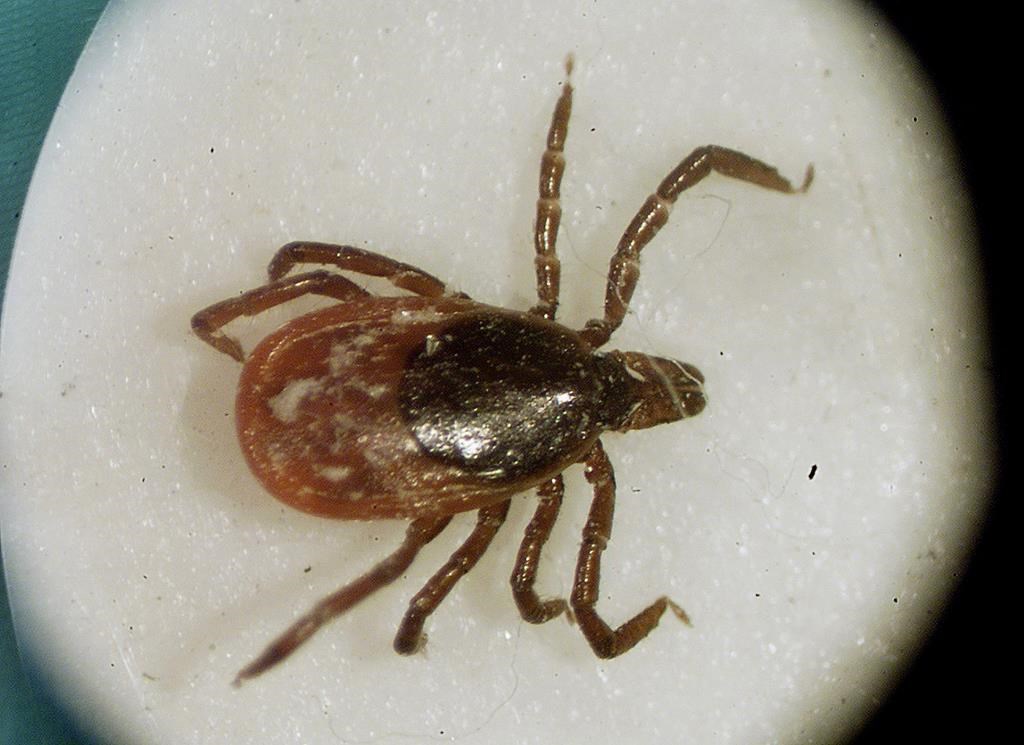Springtime is peak tick season, and British Columbians are being warned to make sure they know what to look for.

Vancouver resident Greg Jenkins says the warnings shouldn’t be taken lightly.
Jenkins is waiting on a serology test to find out if he’s got Lyme disease, after a recent tick bite that he didn’t take seriously.
The initial pain of the bite was minor, and Jenkins said he barely noticed. It wasn’t until several days later he realized he might have a problem.
“I was getting out of the shower and I noticed this round, circular bruise on the back of my leg,” he told Global News.
“In the past, I’ve been a little bit concerned about ticks, but before now I never really put a heck of a lot of thought into it.”
Ticks are not the major problem in B.C. that they are in central and eastern Canada, but they can still be a problem, explains entomologist Dr. Steve Schofield.
“B.C. absolutely has ticks, it has a couple of different kinds of ticks, some in the Interior, some in the south, in warmer, wetter environments,” he said.
The arachnids are also highly active in spring when they’re out feeding on human or animal blood to reproduce, he said.
Ticks can live in trees and tall grass anywhere that there are animals for them to prey on, even out on the golf course, said Schofield.

While a tick bite itself may cause irritation, the bigger concern is illnesses, including Lyme disease, which is caused by a bacteria ticks carry.
If the bite is caught early, antibiotics can virtually eliminate the chance of contracting Lyme disease.
But if it is left untreated, Lyme disease can seriously degrade joints, muscles, nerves or even the human heart.
While Schofield says ticks in B.C. are less likely to carry the infectious bacteria, the risk remains real.
Schofield says there are several easy things people can do to protect themselves.
The first is covering up. When in tick territory, wear long pants, and even consider tucking them into your socks.
Schofield says light-coloured clothing will also help you quickly identify ticks that have climbed aboard.
Bug repellent is another good option when venturing into areas where ticks may be common, he said.
The other half of the equation is removing ticks quickly if you do find one.
“If you get them off quickly, it’s very unlikely you’re going to have transmission if that tick’s infected,” said Schofield.
That means making sure you do a thorough check before heading back in from the outdoors and making sure you closely check your children, who may be less aware.
If you do find a tick that has begun to bite or burrow, use tweezers to slowly pull it out and make sure there are no potentially-infectious mouth parts remaining.
If you do believe you have been bitten and potentially infected, call your health-care professional for a checkup.




Comments